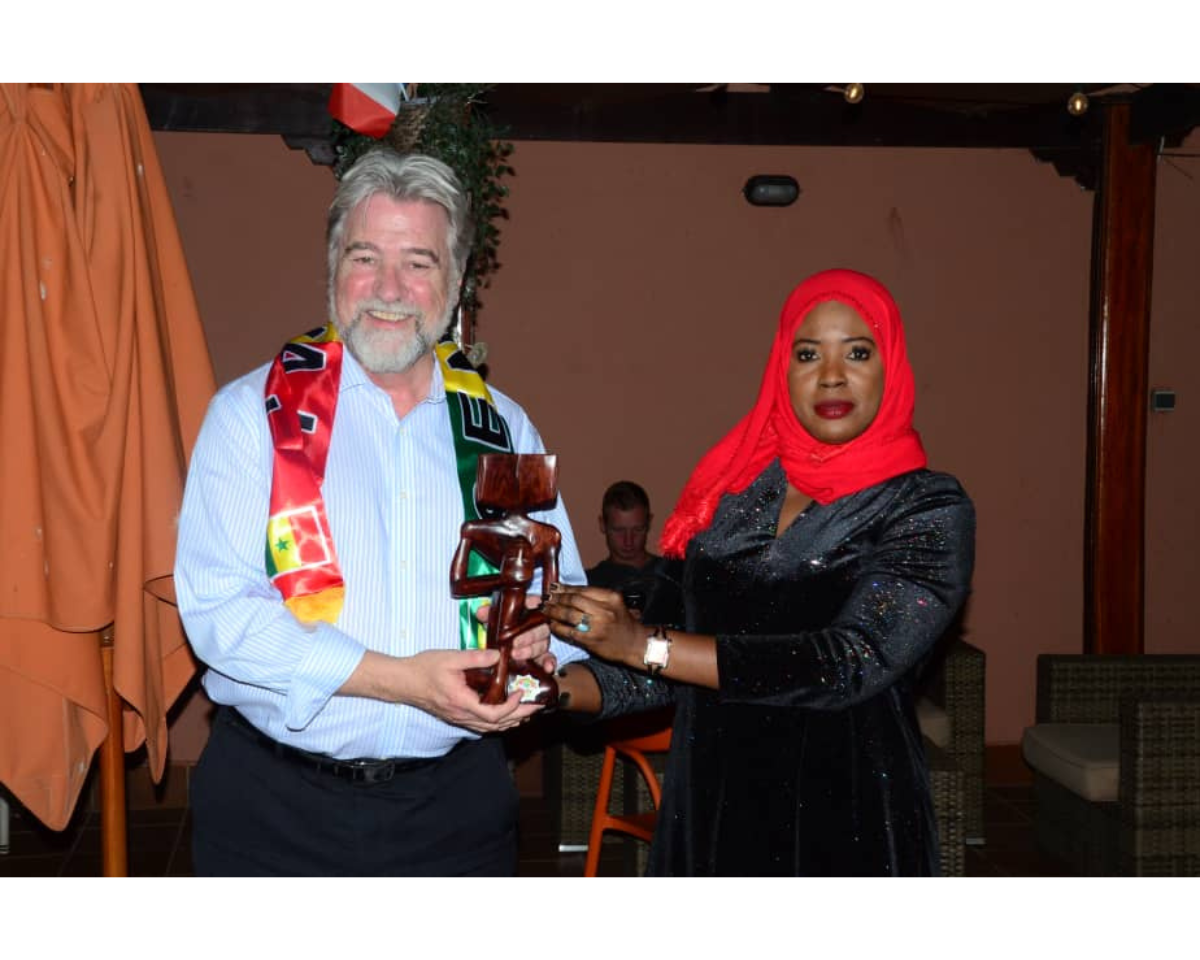An eight-person African Leadership Group delegation traveled to Senegal in February to forge partnerships and plan a variety of horticultural and water development projects, as well as cultural exchanges.
Included in the delegation, led by ALG Founder and Executive Director Papa Dia and his wife Astu, were representatives from the Denver Botanic Gardens, the Arvada Center for the Arts and Humanities, and the Denver-based Phoenix Foundation.
Delegation members met with Senegal’s Minister of Culture, Prof Aliou Sow , as well as the mayor of the city of Thiès, Babacar Diop, and other dignitaries, artists, scientists, and everyday people.
Participants, many of whom had never visited Senegal, described the trip as enlightening and inspirational.
“It was so fantastic, just the people and the hospitality,” said Philip Sneed, president and CEO of the Arvada Center. “We heard about how welcoming a country it is ahead of time from Papa and from guidebooks, but boy, is it true! They’re just so generous to strangers and each other. There’s such a wonderful spirit of sharing and community. I was so impressed.”
Partnerships developed or strengthened during the visit could potentially bring Senegalese artists and artworks to the Denver area in general and the Arvada in particular. ALG is hoping to bring legendary Senegalese singer Baba Maal, featured in Black Panther: Wakanda Forever, to Denver for this year’s Afrik Impact Celebration, for a performance at the Arvada Center.
Sneed said he would also like to bring large-scale sculptures and tapestries to the Center, as well as internationally known fashion designer Oumy Sy and her work.
Eventually, Sneed said, it would be good to do a cultural exchange, where American artists and works of art visit Senegal. But that’s farther down the road, he said.
“It’s important that the first step be for us to introduce people here to the wonderful work from Senegal,” he said. “For better or for worse, America has a history of cultural colonization, to match other kinds of colonization that happened by Europeans in Africa. We export our culture, Hollywood films and music and all of that around the world. And that’s great on one level, but I think we have not been as good about welcoming culture from other countries into America.”
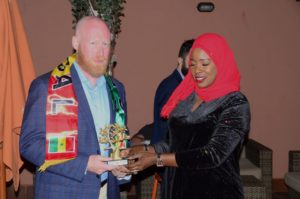
From the Denver Botanic Gardens, Director of Horticulture & Center for Global Initiatives Phillip Douglas worked with Papa and Thiès city officials on helping further the goal of making Thiès a green city. Mayor Diop visited Denver and the Gardens last year, and was interested in learning how to incorporate some of its practices in his city.
“We went to explore the idea of working together with the city of Thiès to try to assist them in any way that we could to get some sort of green infrastructure built in their city,” Douglas said,
“As well as to learn from them to see what they were doing with the urban forestry or urban canopy in the city, how they interacted with plants, what people were doing with plants there.”
DBG’s Jennifer Riley-Chetwynd also made the journey to Senegal. She serves as the Gardens’ director of marketing social responsibility, and also is the co-director of the One World One Water Center (OWOW), a water studies center which is run jointly by DBG and Metropolitan State University.
Riley-Chetwynd said she hopes to use her water expertise as well as connections in the international development arena to help with both the green city project and various water projects around the country. She said she has “a passion for water education, water efficiency, and water conservation.”
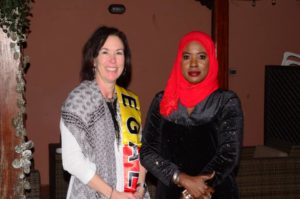
DBG through its Chatfield Farms location has expertise in small-scale urban agriculture in a semi-arid environment. Riley-Chetwynd said this expertise, combined with possible funding from the United Nations and other international development organizations, could lead to some projects beneficial to Senegal.
Riley-Chetwynd said she met in Dakar with the local office of the U.N. Food and Agriculture Program, and learned of the One Million Cisterns for the Sahel program, to promote and facilitate the introduction of rainwater harvesting and storage systems for vulnerable communities, especially women in the Sahel region, which includes parts of Senegal.
“No one in Thiès knew of this program. The U.N. didn’t know about what was going on in Thiès,” Riley-Chetwynd said. “The real breakthrough was making that connection.”
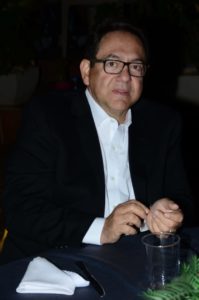
Finally, Dr. Eddy Ruvins, a Denver dentist who runs the Phoenix Foundation, has been working with Papa on an initiative to bring free eyeglasses to children in Senegal who need them but cannot afford to buy them.
The program, called A Vision for Senegal, is up and running and distributing eyeglasses.
“There is a huge need among children in Senegal, but it is largely unrecognized, because that kind of eye care for children almost does not exist, Ruvins said. He joined the delegation, he said, to raise awareness in both countries about the growing program.

